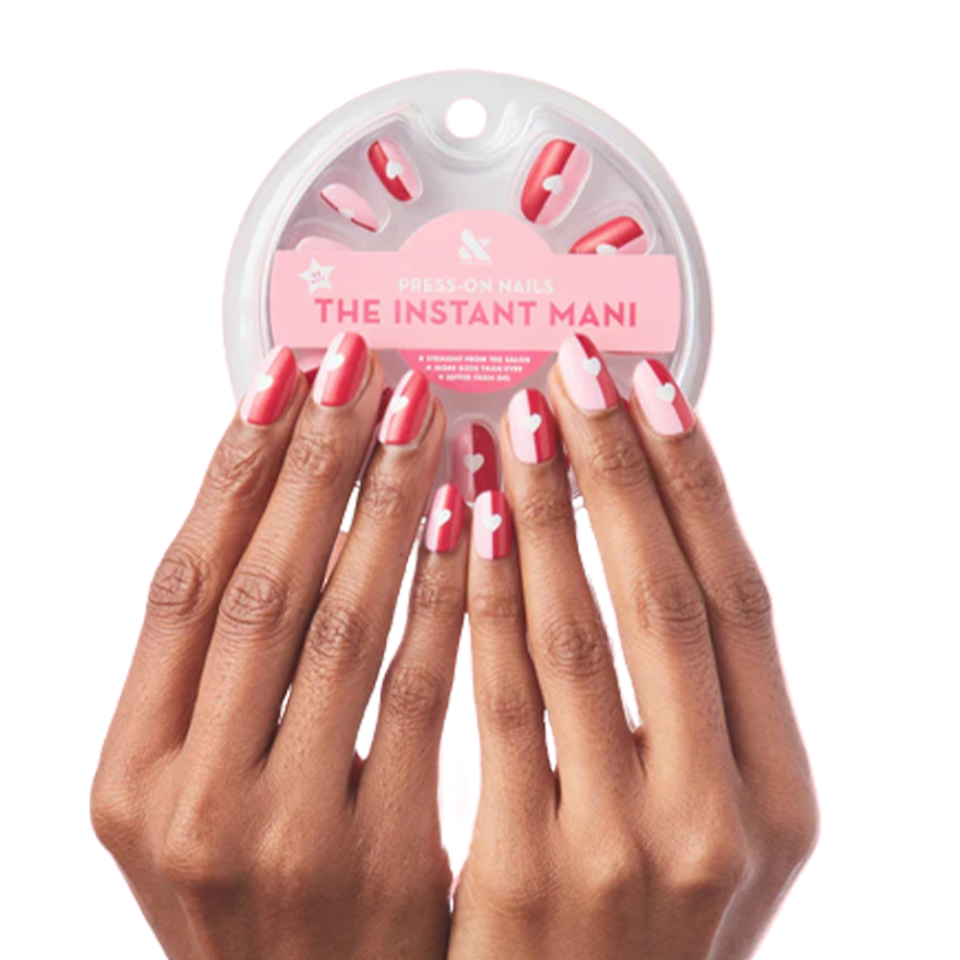From Ritual to Olive & June — When One Brand’s Inflection Point Creates an Industry-wide Ripple Effect

When Ritual launched its debut women’s multivitamin in 2016, the beadlet-filled capsules quickly became dubbed the “world’s most Instagrammable vitamin.”
“It used to drive me crazy because I was like, we’re the most science-backed and traceable vitamin,” recalled Ritual founder and chief executive officer Katerina Schneider at the WWD Los Angeles Beauty Forum, in conversation with Olive & June founder/CEO Sarah Gibson Tuttle moderated by senior reporter Ryma Chikhoune.
More from WWD
The Rise of California Sober: Alcohol Alternatives and Plant-based Medicines
L'Occitane Billionaire Owner Close to Possible $7 Billion Buyout Deal
Schneider and Gibson Tuttle met in 2019 when they co-recorded an episode for “Scandal” actress Katie Lowes’ podcast about mom entrepreneurs, quickly becoming friends and exchanging experiences and tips for fundraising, scaling and more.
“We formed a little group of women; we looked at our peers — who are largely men — and they’re going on golfing trips, helping and inspiring each other, and we had these amazing women we were connected to and thought, how do we elevate each other? And it shouldn’t be an ‘if’ — that [fellowship] is super essential,” Schneider said.

“We’re incredibly transparent. We share numbers, we share nitty gritty details — it’s powerful to understand how other people are building their businesses,” Gibson Tuttle added.
The pair also found common ground in their missions to up the ante for what can be achieved in (and beyond) their respective lanes. For Schneider, this has meant leaning into ingredient traceability — “100 percent of our ingredients are traceable,” she said. “A consumer can see everything down to the supplier and the source of manufacturing; it takes time and effort [to share] and it’s the right thing to do” — as well as sustainability, setting a goal to achieve net-zero carbon emissions by 2030.
“We’re one of the first companies in the supplement category to publicly list our carbon emissions by product on our site, à la Allbirds and Oatly,” continued Schneider, who has raised more than $65 million in funding to date.
Meanwhile Gibson Tuttle, who began Olive & June in 2011 as a salon business in Beverly Hills, took the brand further in 2019 when she launched The Mani System in a bid to improve the experience of at-home nail care and painting.
“We saw a big hole in the market, and in 2019 our revenues doubled our projections for the year — it was clear we had a product market fit very quickly,” said the founder, who soon after brought the brand to Target, and last year launched Olive & June at Walmart and Walgreens.
A consistent aim to identify and address other pain points in the consumer journey — like with the launch of Poppy, Olive & June’s patented polish bottle handle that makes precise at-home nail painting easier — remains a key differentiator.

“We meet the moment every time we’re given the opportunity,” said Gibson Tuttle, whose decisions are informed by sales data — the brand’s and that of the broader nail market — plus surveys and feedback via Olive & June’s direct-to-consumer channel. “In addition to innovating on what’s already out there…we continue to think about what’s not available — what is completely new to the category?”
The approach has allowed the brand to cast a wide net in terms of its target demographic. While Olive & June sees a high concentration of Gen Z and Millennial shoppers, it bills itself as being for consumers “aged 8 to 80,” and is “seeing Gen Alpha show up in an incredible way,” said Gibson Tuttle.
“We speak to everyone like they’re our best friend — we don’t tailor it to any generation, we just tailor it to the consumer; they’re smart about nails, they understand nails and we speak to them the way you would speak to your bestie.”
Ritual’s subscriber base similarly acts as a “think tank” for the brand, informing the development of Ritual’s Synbiotic+ gut health supplement, which Schneider reports did more than $30 million in sales during its first year.
“We asked them what they wanted to see next and 95 percent of our customers said they wanted a product around gut health,” said Schneider, adding that the brand’s growth has also evolved its core consumer, once the “Millennial mother” and now the “healthy skeptic; it’s not necessarily about their age or gender, but more of a psychographic around people who care deeply about what they’re putting in their body.”
Aiming to bring more transparency and rigor to the supplement industry at large, Schneider is working with congress “to give the FDA more oversight — not less oversight — over the industry,” which could help in regulating the incorporation of heavy metals, which are toxic in large amounts, in supplement offerings.
She’s also seeking to combat smoke and mirrors surrounding clinical testing, which still doesn’t have a clear definition or standards in the supplement space. “You have products that say they’re clinically studied, but it’s actually the [active] ingredients — and those don’t always match the dosage or the form used in the clinical study.”
The change Schneider is looking to champion is that which consumers — whose adoption of supplements has grown substantially in recent years — are increasingly expressing a need for.
“Consumers have had to become their own advocates when it comes to things like safety and efficacy. They’re asking, ‘is this product working? Is this safe to take?’ and that’s simply not OK — that’s kind of where Ritual fits in and how we are meeting that need in different categories across the industry.”
Best of WWD

